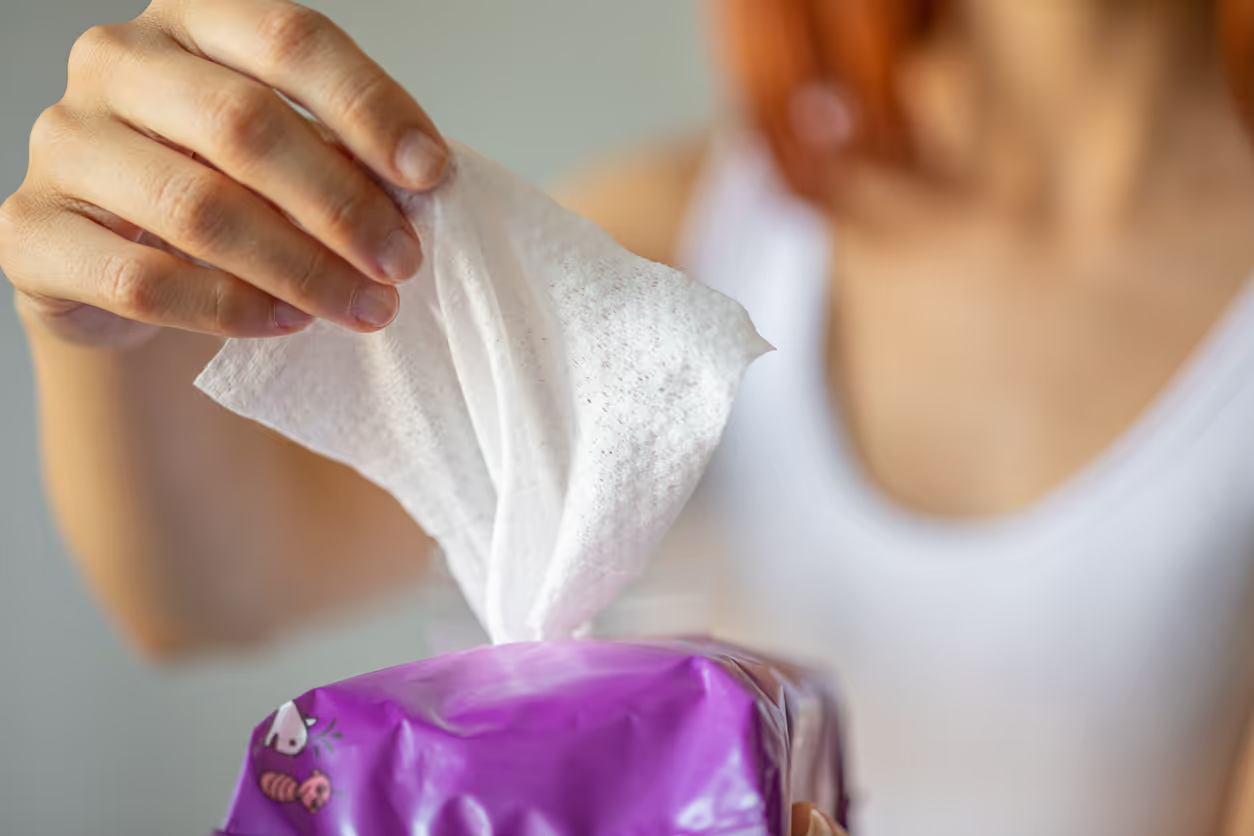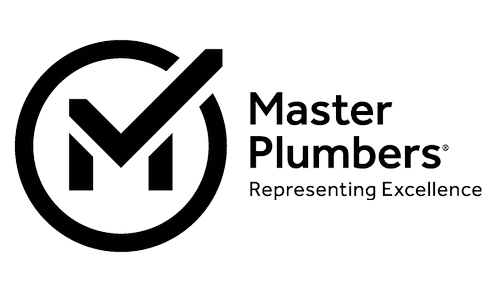Why Baby Wipes Are Blocking Your Drains (And How to Stop It)

Stop Flushing Baby Wipes Down the Toilet: An Auckland Drainage Expert's Warning
Picture this: you're getting your toddler ready for bed, give them a quick cleanup with a baby wipe, and without thinking, flush it down the toilet. It seems harmless enough – after all, the packet says "flushable," right?
Wrong. That innocent baby wipe just started a journey that could end with a call to a drainage specialist.
The team at Hydro Vision has pulled countless baby wipes from Auckland drains over the years. "Baby wipes cause more unnecessary blockages than almost anything else," our drainage specialists explain. "Families think they're doing the right thing, but these wipes are wreaking havoc on Auckland's drainage systems."
The Baby Wipes Crisis: By the Numbers
The statistics around baby wipes and drainage problems are staggering:
- 75% of sewer blockages are caused by wet wipes and other non-flushable items, being flushed down toilets
- Even "flushable" wipes dont break down in drainage systems
- Auckland Council spends thousands annually clearing wipe-related blockages from public sewers
- A single baby wipe can cause blockages affecting multiple properties
But here's what really happens when you flush baby wipes down the toilet.
What Actually Happens When You Flush Baby Wipes
Despite what the marketing says, baby wipes don't break down like toilet paper. Here's the reality:
1. Immediate Journey
When flushed, baby wipes initially seem to disappear just like toilet paper. They travel through your toilet's trap and into your property's drainage system without obvious problems.
2. The Accumulation Effect
Baby wipes don't dissolve. Instead, they catch on pipe joints, bends, and rough surfaces inside your drainage system. Each wipe that follows has something to snag on, creating a growing mass.
3. The Grease Connection
In Auckland homes, baby wipes commonly combine with cooking grease and food scraps that shouldn't be in the system. This creates concrete-like blockages that require professional hydro jetting to remove.
4. System-Wide Problems
As blockages grow, they affect drainage flow throughout your property. What starts as slow-draining sinks quickly becomes sewage backup affecting kitchens, bathrooms, and laundries.
Why "Flushable" Wipes Aren't Actually Flushable
The term "flushable" is misleading at best, deceptive at worst. Here's why:
Industry Standards Don't Match Reality
Products labelled "flushable" only need to pass through toilet traps and immediate plumbing. They don't need to break down in actual sewer systems or treatment plants.
Different Breakdown Rates
Toilet paper breaks down within seconds of contact with water. Baby wipes that might say they break down, seldom ever do.
Designed for Durability
Baby wipes are specifically designed to stay strong when wet. This durability that makes them perfect for cleaning also makes them perfect for blocking drains.
How to Prevent Baby Wipe Drain Blockages
1. Never Flush Any Wipes
This includes baby wipes, makeup wipes, cleaning wipes, and anything labelled "flushable." The only things that should go down toilets are toilet paper and human waste.
2. Use Bathroom Bins with Lids
Install proper disposal bins in bathrooms with secure lids to contain odours. Empty them regularly to prevent hygiene issues.
3. Educate Everyone in the Household
Make sure children, visitors, and babysitters understand the no-flushing rule. Consider putting reminder signs near toilets during the training phase.
4. Regular Drain Maintenance
Schedule annual CCTV drain inspections to identify early signs of blockages before they become expensive emergencies.
Warning Signs Your Drains Are Already Affected
If baby wipes have already entered your drainage system, watch for these warning signs:
- Slow Draining: Toilets that drain slowly or require multiple flushes often indicate partial blockages developing in the system.
- Gurgling Sounds: Unusual sounds from toilets, sinks, or drains suggest air being displaced by obstructions in the drainage system.
- Recurring Blockages: If you're experiencing frequent toilet or drain blockages, accumulated wipes might be creating ongoing problems.
- Foul Odours: Persistent sewage smells around your property can indicate blockages preventing proper drainage flow.
- Water Level Changes: Toilet water levels that rise higher than normal or drain completely suggest blockages affecting the drainage system's balance.
When to Call Professional Help
Contact drainage professionals immediately if you experience:
- Sewage backup into your home
- Multiple drains blocking simultaneously
- Persistent foul odours from drains
- Toilets that won't flush despite plunging
- Water appearing where it shouldn't (gardens, driveways)
Don't wait for small problems to become emergencies. Early intervention saves money and prevents property damage.
Professional Auckland Drainage Support
Hydro Vision provides comprehensive drainage services across Auckland to prevent and resolve baby wipe blockages:
- Emergency drain unblocking available 24/7 across all Auckland areas
- Preventative maintenance programmes to stop problems before they start
- CCTV inspections to assess drainage system health
- Hydro jetting services for thorough system cleaning
- Expert advice on preventing future blockages



